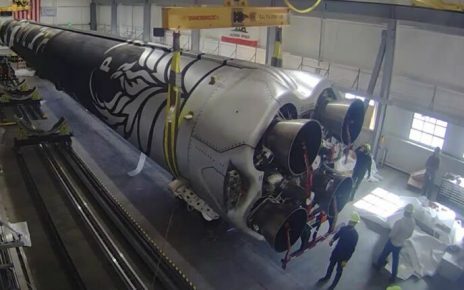The versatility that helped humans take over the world emerged very early in our evolutionary history, according to sediments and stone tools from Olduvai Gorge in Tanzania.
Olduvai has provided some of the oldest known tools and fossils from our genus, Homo. A recent study lines that evidence up with environmental clues buried in the sediment. The results suggest that our early relatives were equipped to adapt to new environments by around 2 million years ago.
That seems to have been a key ability that allowed our relatives to go global. By 1.7 million years ago, an early human relative called Homo erectus had spread beyond Africa and throughout most of Asia, as far as Indonesia. They had reached western Europe by 1.2 million years ago. Along their travels, the hominins encountered environments very different from the ones their ancestors had evolved in, like the tropical forests of Indonesia and the arid steppes of central Asia.





